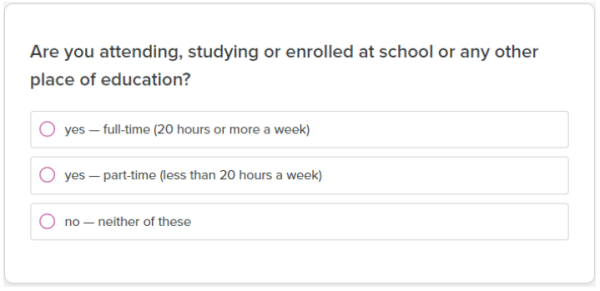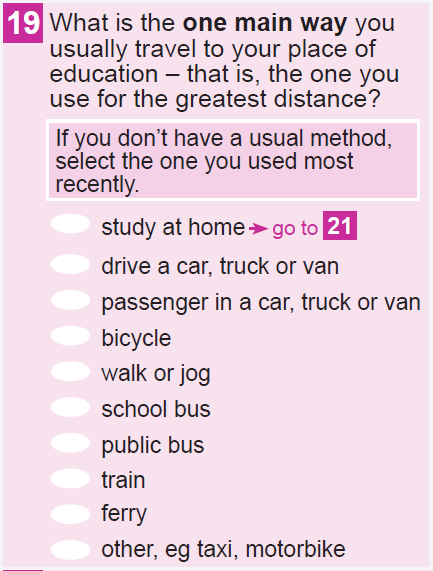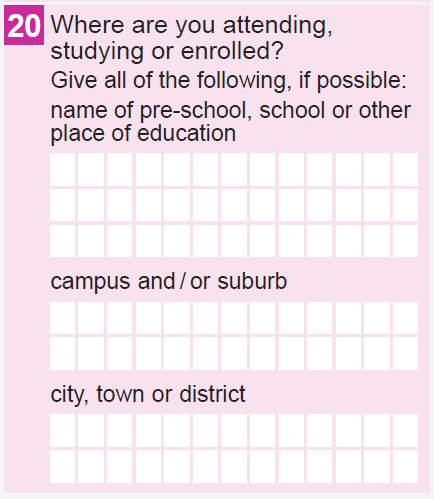- Census night is March 7th 2023. You can complete the census earlier, but are to answer as if it were March 7th.
- The Census can be completed online or in paper form.
- It is legally required to complete the census. The 2018 census has the poorest return in more than 50 years, with some 700,000 not completing it. This was put down to a number of factors, but in summary the way it was conducted was considered to be a disaster. Around 50-60 people were fined for failing to complete it. Since then, new legislation has been passed and the govt has spend lots of money on improving the process. It is now an offence with an up to $2000 fine for individuals for not completing the census.
- Census data is used to inform things like planning roading, schools and other community things where it's important to know how many people there are that will be affected by whatever it is that is to be worked on. It is also the source of official NZ statistics such as population, religious affiliations and so on.
NB: the following has been updated after new information was received from the Census team on 28/2
Q18: Are you attending, studying or enrolled at school or any other place of education?
What do you mean by 'attending, studying, or enrolled'?This includes anyone who:
- is attending secondary school, university, polytech, or any other place of learning, and will
- receive a formal qualification that is recognised by the New Zealand Qualifications Authority (NZQA).
- If you spend less than 20 hours a week in class and studying (for example, homework), it is part-time.
- If you spend 20 hours a week or more in class and studying (for example, homework), is is full-time.
Answer 'full-time'.
I am an apprentice. How should I answer?
- If you are working full-time as an apprentice, answer 'full-time'.
- If you are working part-time as an apprentice, answer 'part-time'.
"Thank you for your question, and we regret any confusion. The education question is for anyone attending school, including people studying at a level below NCEA. The guidance is not exhaustive, but we will note that there could be some ambiguity there. For homeschooling, you should answer 'yes'. If you answer this for the travel question, you should not be asked to list where the place of study is."
So for purely home educated (exempt) students, tick Yes, full time.
If your students is enrolled in a course/programme of learning outside of the home, then you may wish to answer based on that instead, though for most home educated students, anything additional will still be done from home, so the answer remains the same.
Whatever your actual programme of learning looks like, based on "as regularly as", a home education programme should be treated as full time (ie over 4 hours/day), even though your formal lesson portion may be less than this, with the rest being life-based learning.
If you answer Yes to Q18, then you have to answer Q19, which is:
Q19: What is the one main way you usually travel to your place of education - that is, the one you use for the greatest distance?
Data from this question:
- provides a measure of the number of people who study at home
- provides a more complete picture of transport patterns in different areas of New Zealand, and supports transport planning work.
Also related:
Q20: Where are you attending, studying or enrolled?
- is used primarily for measuring traffic flows and planning transport services
- helps to work out daytime populations in specific areas for civil defence
- is used to tell us whether you are enrolled in an early childhood centre, school, or tertiary institution
- is used in combination with other travel data to give an idea about typical travel flow in New Zealand.



 RSS Feed
RSS Feed
